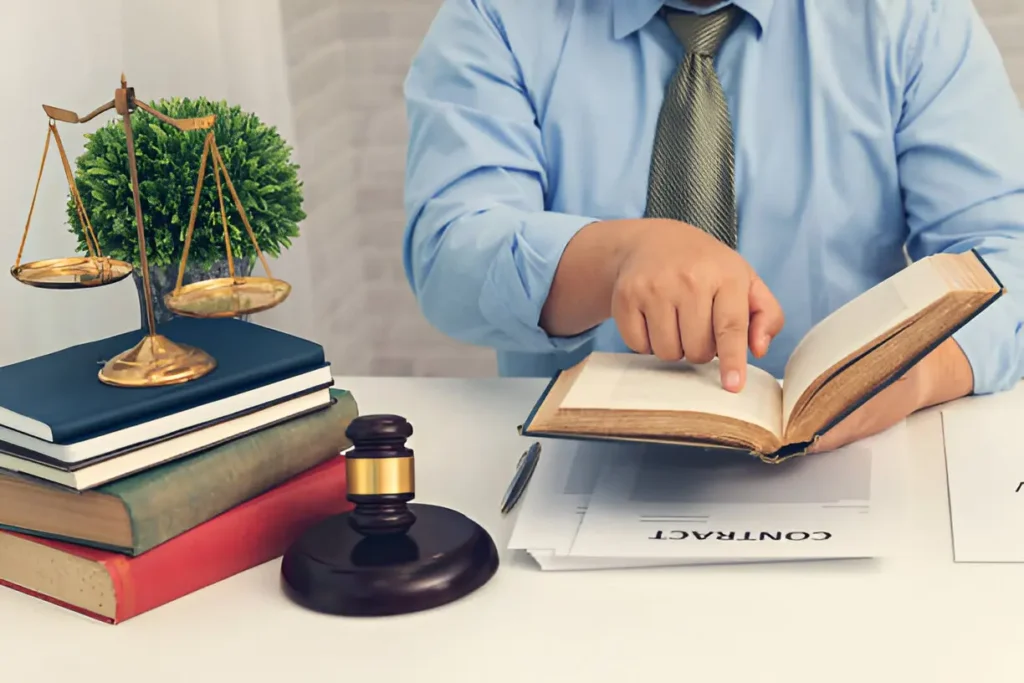The Importance of Preparation
Preparing for a court appearance is akin to preparing for a major presentation. Proper preparation can significantly impact the outcome, reducing stress and boosting confidence. Adequate preparation includes gathering relevant documents, understanding the case details, and logistical planning for the court day. Consulting with a workers compensation lawyer can help you navigate this elaborate process and ensure that you are effectively prepared for court. Indeed, having professional assistance can make a world of difference, as lawyers bring both experience and expertise to the table. They can assist in streamlining preparation tasks and ensuring no critical detail is overlooked.
Understanding Legal Jargon
Legal jargon can be intimidating for those unfamiliar with the law. Terms like “amicus curiae” or “habeas corpus” may sound alien, but it’s crucial to understand these terms. Utilizing resources such as the glossary provided by the United States Courts can be immensely helpful in familiarizing oneself with common legal terminology. Knowing these terms can help you understand legal documents and effectively communicate with your attorney. Additionally, understanding legal jargon can prevent misunderstandings and ensure you accurately follow legal advice. Breaking down these terms into layman’s language or using legal dictionaries can further simplify the process.
Gathering Evidence Effectively
One of the critical components of court preparation is evidence collection. This process entails gathering documents, witness statements, and any other relevant materials that support your case. Proper documentation and organization of evidence can greatly benefit the presentation of your case. According to Cornell Law School, evidence must be relevant, material, and competent to be admissible in court. It’s a good idea to keep everything labeled and in chronological order for easy access during the trial. Maintaining an inventory checklist and using digital tools for document management can streamline the evidence collection process and ensure you have all necessary materials readily available for court.
Time Management Strategies
Efficient time management is essential in ensuring that you are well-prepared. Begin your preparation well in advance and make a timeline for each phase of your preparation: reading up on the case, gathering evidence, meeting with your attorney, and practicing your court presentation. Divide tasks into manageable steps and allocate time for unexpected delays. Using tools such as planners or digital calendars can help keep you on track. Furthermore, setting deadlines for each task and periodically reviewing your progress against your timeline can aid in ensuring that you remain on schedule, reducing last-minute stress and rushed preparation.
The Role of Legal Advice
Consulting with an attorney can provide critical insights into the legal process. Legal professionals can guide you on what to expect in court and help interpret complex legal issues. They can also assist in arranging your evidence and preparing your argument. Your lawyer can offer strategies that you may not have considered and reassure you about the validity of your case. Moreover, having legal representation can boost your confidence as you will have an advocate who understands the intricacies of the law and can effectively represent your interests in court.
The Power of Practice and Role-Playing
Practicing your court appearance through role-playing can be invaluable. Run through your opening statements, responses to possible questions, and the manner in which you present your evidence. This practice can help reduce anxiety and ensure you are clear and concise during your actual court appearance. Contemplate about enlisting a friend or family member to act as the opposing counsel during role-play sessions. Role-playing helps you anticipate possible scenarios and questions, allowing you to prepare thoughtful and composed responses. This preparation can also help you identify areas where you need to improve, ultimately enhancing your overall performance in court.
How to Stay Calm and Confident
Maintaining composure in court is crucial. Practice mindfulness techniques, such as deep breathing exercises, to manage stress. Preparation breeds confidence—knowing your case thoroughly and rehearsing your presentation will help you remain calm under pressure. Remember that staying calm and collected can positively influence the perception of your credibility and reliability in the eyes of the judge and jury. Additionally, visualize a successful court appearance and practice positive self-talk to boost your confidence. Engaging in regular physical exercise and ensuring you get adequate rest before your court date can also contribute to a calmer demeanor in court.
Also read – The Art of the Cross: Precision Passing in Football
